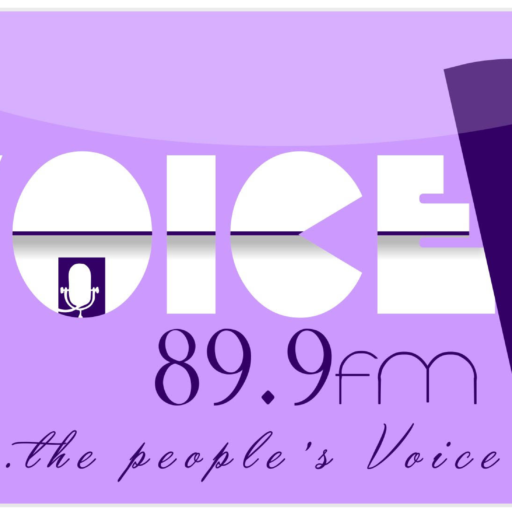
Herbal remedies used to be the saving grace to many Africans, including Nigerians during illness.
Even pregnant women weren’t left out, as various leaves and herbs formed concoctions that were prescribed to aid the easy and safe delivery of babies.
However, that was before civilization found its roots in Nigeria.
Thereafter, herbs became the least sought-after when it comes to health issues.
Cheap analgesics, anti-malaria and typhoid drugs, among others, were easy to buy.
Access to healthcare centres and hospitals was also affordable, especially for pregnant women. With the sum of between N5,000 to N10,000, a pregnant woman can access quality delivery services in a hospital.
Today, everything has gone full circle and the reverse has come to the fore.
Economy & Lifestyle found that many pregnant women now seek herbal ante-natal services, due to their inability to afford modern or orthodox health care services in hospitals.
The cost of drugs has soared and ante-natal fees cost an arm and a leg.
Mrs. Anirat Hassan, a food vendor, said she had her baby in a herbal home, a few months back.
“I had my baby in a herbal home three months ago.
“The process was very easy for me. I took all the herbs prescribed, did massages and ate well.
“I paid N10,000 for ante-natal services throughout my nine-month period and N20,000 for delivery.
“I chose my husband who is into furniture and can barely afford our daily bread.
“He was working as a receptionist and lost his job when his employer closed their branch to reduce running costs.
“When I visited the hospital I was told that I will pay N1,500 for weekly antenatal services which means a total of N6,000 monthly . Further enquiry revealed that the sum of N100,000 to N150,000 is charged for ordinary delivery.
“Then N400,000 to N500,000 for CS if it ever sprung up.
“I borrowed my ears and legs and visited a herbal home.”
For Mrs. Mercy Folorunsho, it was a bad experience being a first timer.
“If I had the money to access a hospital antenatal service I would have gone for it.
“The stress in the Government’s hospital discouraged me from going there.
“Though there is a little difference in cost when compared to private hospitals.
“My husband is a herbal practitioner which made me apply for the services of one during pregnancy.
“It was very cheap, compared to government and private hospital services.
“A friend of mine who couldn’t afford hospital bills when she gave birth, slept under the stairs for two months before her family members assisted her husband with the bills.
“I didn’t want to face such a dilemma.
“The stress in the Government’s hospital discouraged me from going there.
“Though there is a little difference in cost when compared to private hospitals.
“My husband is a herbal practitioner which made me apply for the services of one during pregnancy.
“It was very cheap, compared to government and private hospital services.
“A friend of mine who couldn’t afford hospital bills when she gave birth, slept under the stairs for two months before her family members assisted her husband with the bills.
“I didn’t want to face such a dilemma.
“But I gave birth to my baby who died a few days later.
“It was a very bad experience but I thank God for sparing my life.”
Mrs Adeolu Folawe, a businesswoman said when she visited her daughter who was put to bed she experienced a headache.
“I wanted to get paracetamol in their pharmacy and was told it is N500 for a sachet, not a packet.
“I was dumbfounded.
“My daughter gave birth through the Caesarian session. We paid N500,000 which was just for the CS. Then N80,000 for injection and drugs administered to her.
“The husband just finished paying the money which he had borrowed to foot her hospital bill then.
“Now, women can no longer access hospital services, especially in Private ones.
“Her husband recommended that her next pregnancy will be taken care of in a herbal home to save cost.”
Mrs. Eghogo Marvis, a matron in a private hospital said that the reason for the rise in hospital services and drugs was due to import bills incurred by pharmaceutical companies and the high cost of maintenance and other expenses as a result of increases in the cost of goods and services in the country.
“It is not the hospital’s fault. Everything is getting expensive.
“They are also struggling to foot bills especially that of diesel and salaries.
“The increase in price of drugs is due to increased import bills as only few companies produces drugs here in Nigeria.
“Also some drugs like analgesics, typhoid and malaria drugs, blood tonics are highly recommended in hospitals because many Nigerians suffer more than twice illnesses like malaria, typhoid, low blood count, body pains and headaches in a year.
“Since the demand is high and supply is low, such a price increase is expected.
“But I will advise pregnant women, especially first-time mothers, to visit a hospital for their antenatal care.”
Investigation by Economy&Lifestyle showed that hospital bills range from N70,000 to N200,000 depending on their location.
Also analgesics drugs which were N50 to N100 per sachet is sold now for N200 to N250.
Multivitamins are sold for N1500 per sachet from their former price of N200 to N500.
Similarly, there are no malaria parasite prevention drugs of N300. Their current prices range from N800 to N3,000 per packet depending on their brand.



